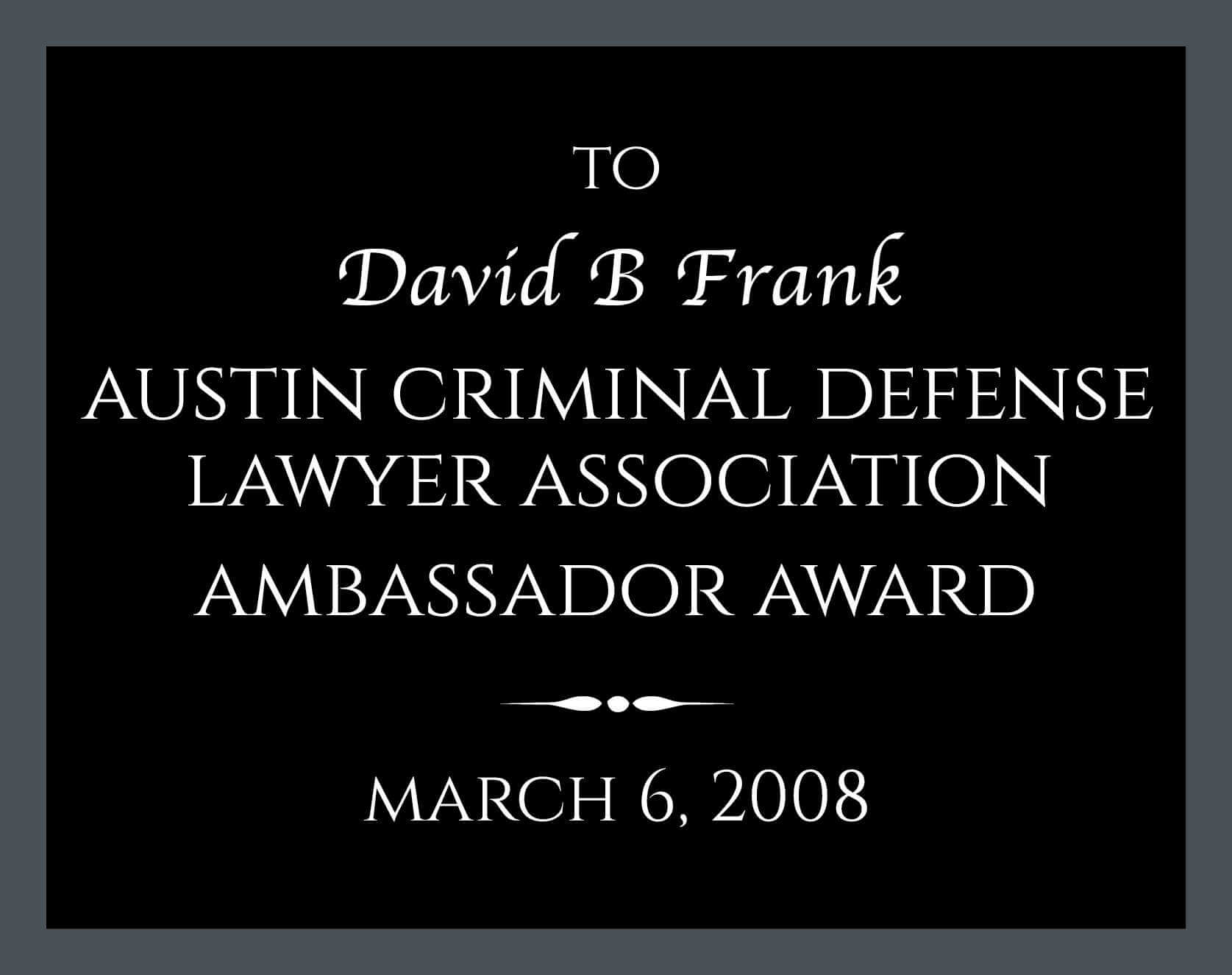On January 16, I wrote about McCoy v. Louisiana a case where defense counsel argued that his client was “crazy”. This was a triple homicide where the evidence for guilt was overwhelming. The defendant, Robert McCoy, nonetheless maintained his innocence and instructed his lawyer not to concede guilt. Convinced of his client’s guilt and perhaps hoping the jury would spare his client’s life, defense counsel violated his client’s instructions and told the jury, “I’m telling you, Mr. McCoy committed these crimes.” McCoy spoke up during the trial and objected and tried to have his lawyer removed. The jury found McCoy guilty and sentenced him to death. The Louisiana Supreme Court declined to find the lawyer’s conduct presumptively prejudicial and affirmed the conviction and sentence. My conclusion was the United States Supreme Court would need to step in and reverse the Louisiana Supreme Court.
That is exactly what happened. Writing for the majority, Justice Ruth Bader Ginsberg explained:
The Sixth Amendment contemplates a norm in which the accused, and not a lawyer, is master of his own defense. Trial management is the lawyer’s province: Counsel provides his or her assistance by making decisions such as what arguments to pursue, what evidentiary objections to raise, and what agreements to conclude regarding the admission of evidence. Some decisions, however, are reserved for the client—notably, whether to plead guilty, waive the right to a jury trial, testify in one’s own behalf, and forgo an appeal. * * * When a client expressly asserts that the objective of ‘his defence’ is to maintain innocence of the charged criminal acts, his lawyer must abide by that objective and may not override it by conceding guilt.
McCoy v. Louisiana, 138 S. Ct. 1500, 1508 (2018). Citations omitted.
The dissent filed by Justice Alito in which Justice Thomas and Justice Gorsuch joined saw the case differently. According to the dissent, defense counsel did not admit his client was guilty of first-degree murder. Instead, counsel admitted that his client committed one element of that offense, i.e., that he killed the victims. But defense counsel, according to the dissent, strenuously argued that petitioner was not guilty of first-degree murder because he lacked the intent required for the offense.
I am not sure the dissenters read the same facts I did. Defense counsel told the jury, “I’m telling you, Mr. McCoy committed these crimes.” It is troubling that Justice Alito might go to such lengths to justify his position.



Leave a Reply